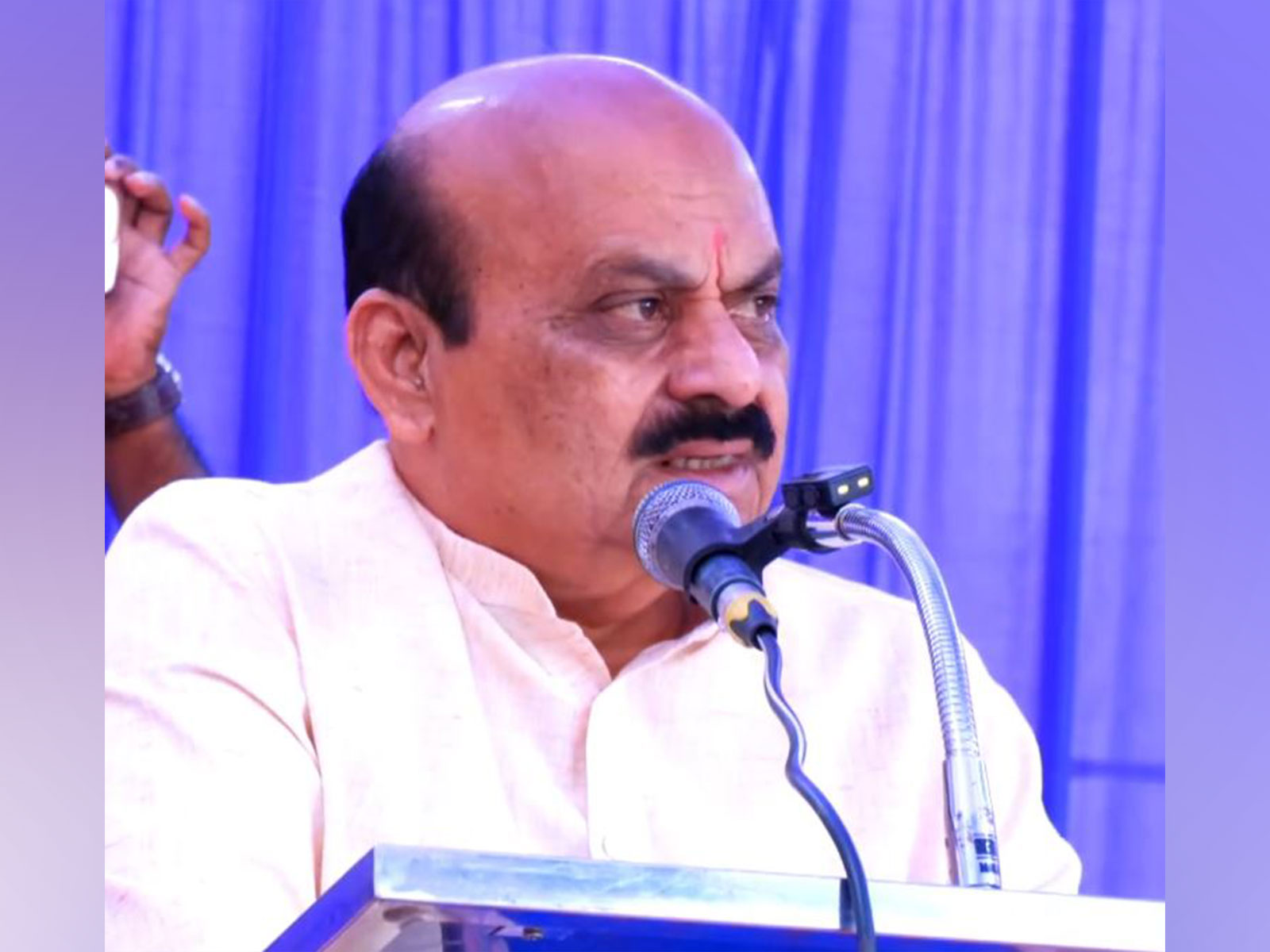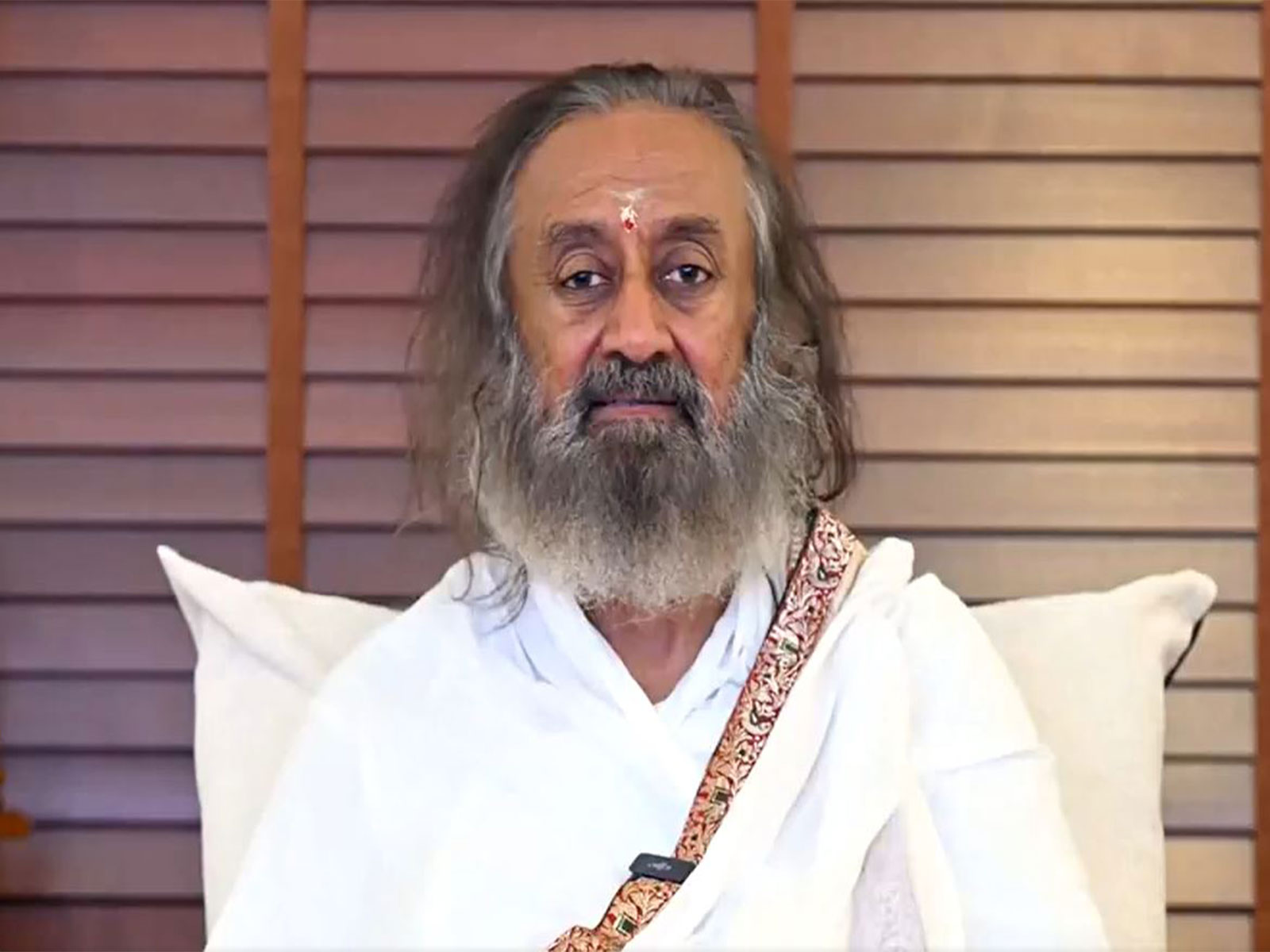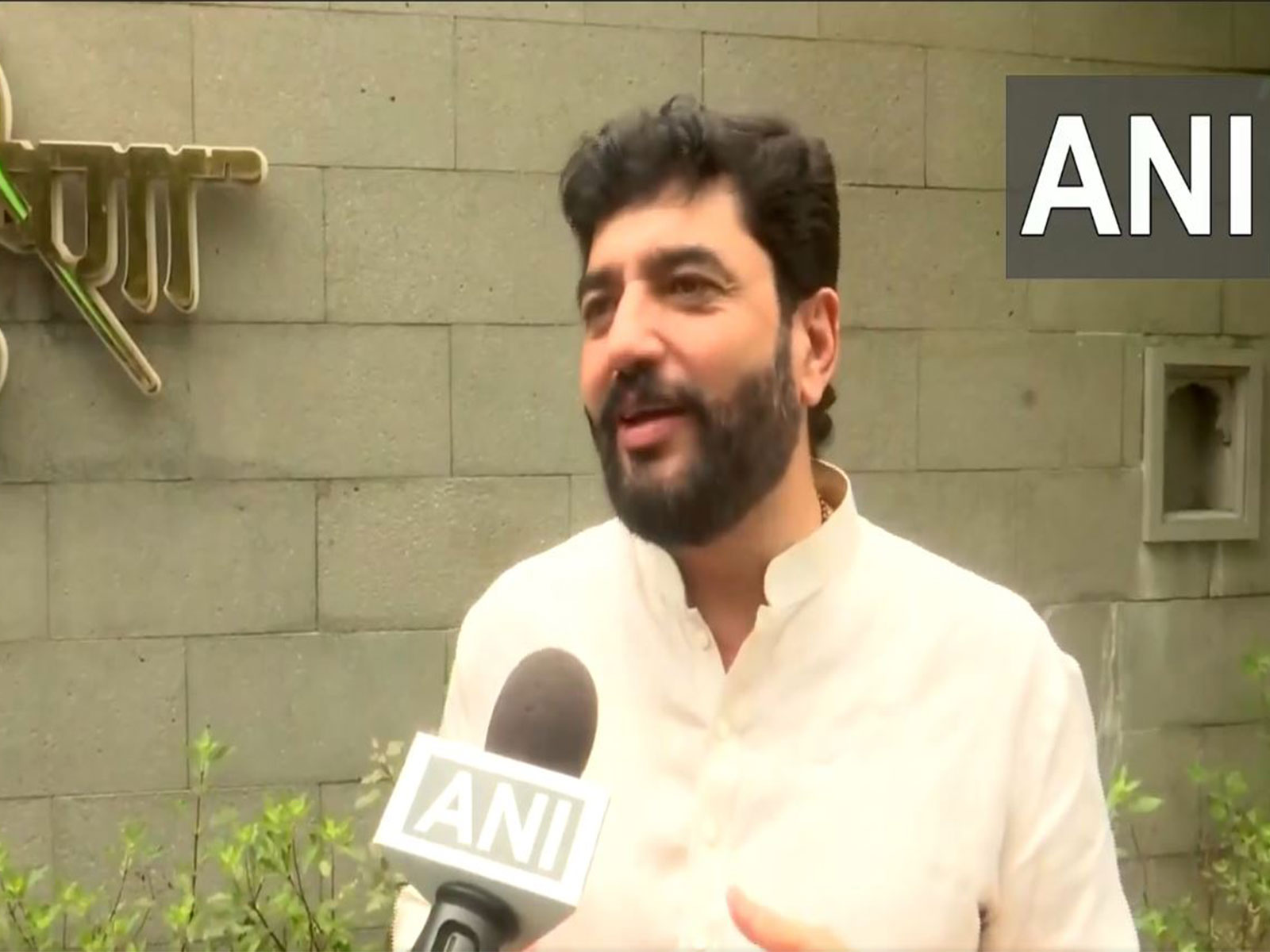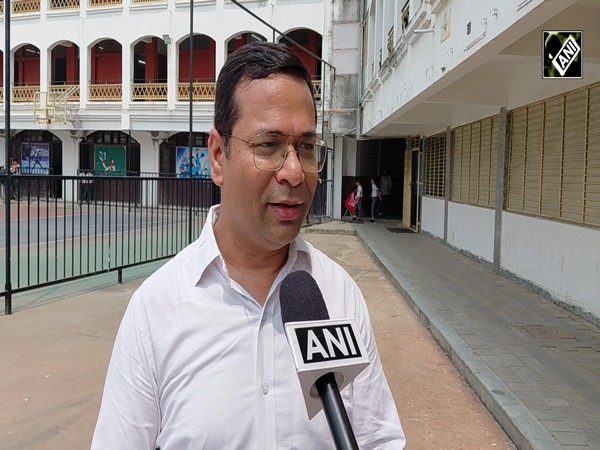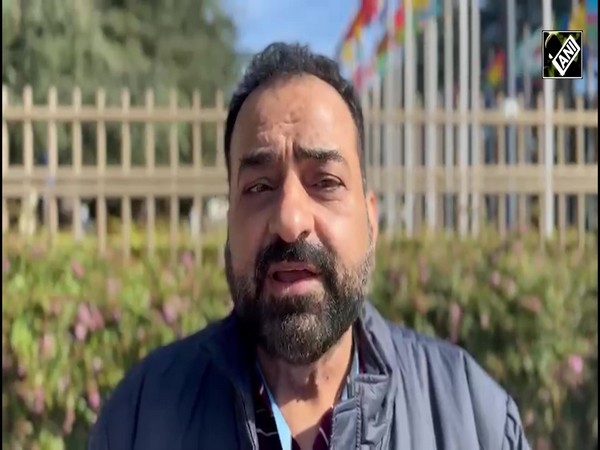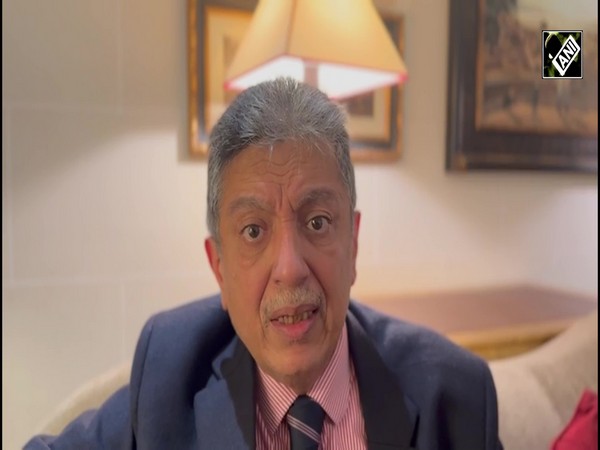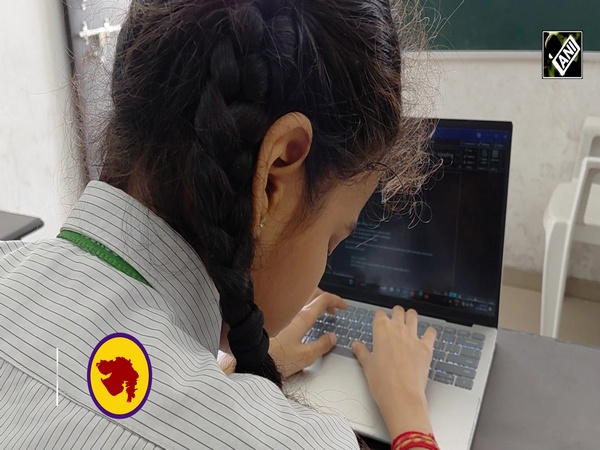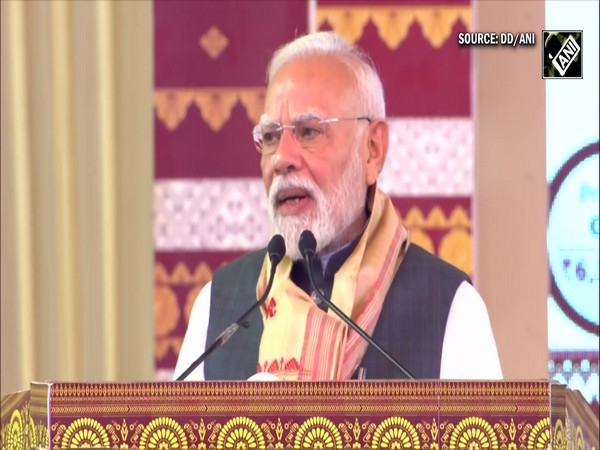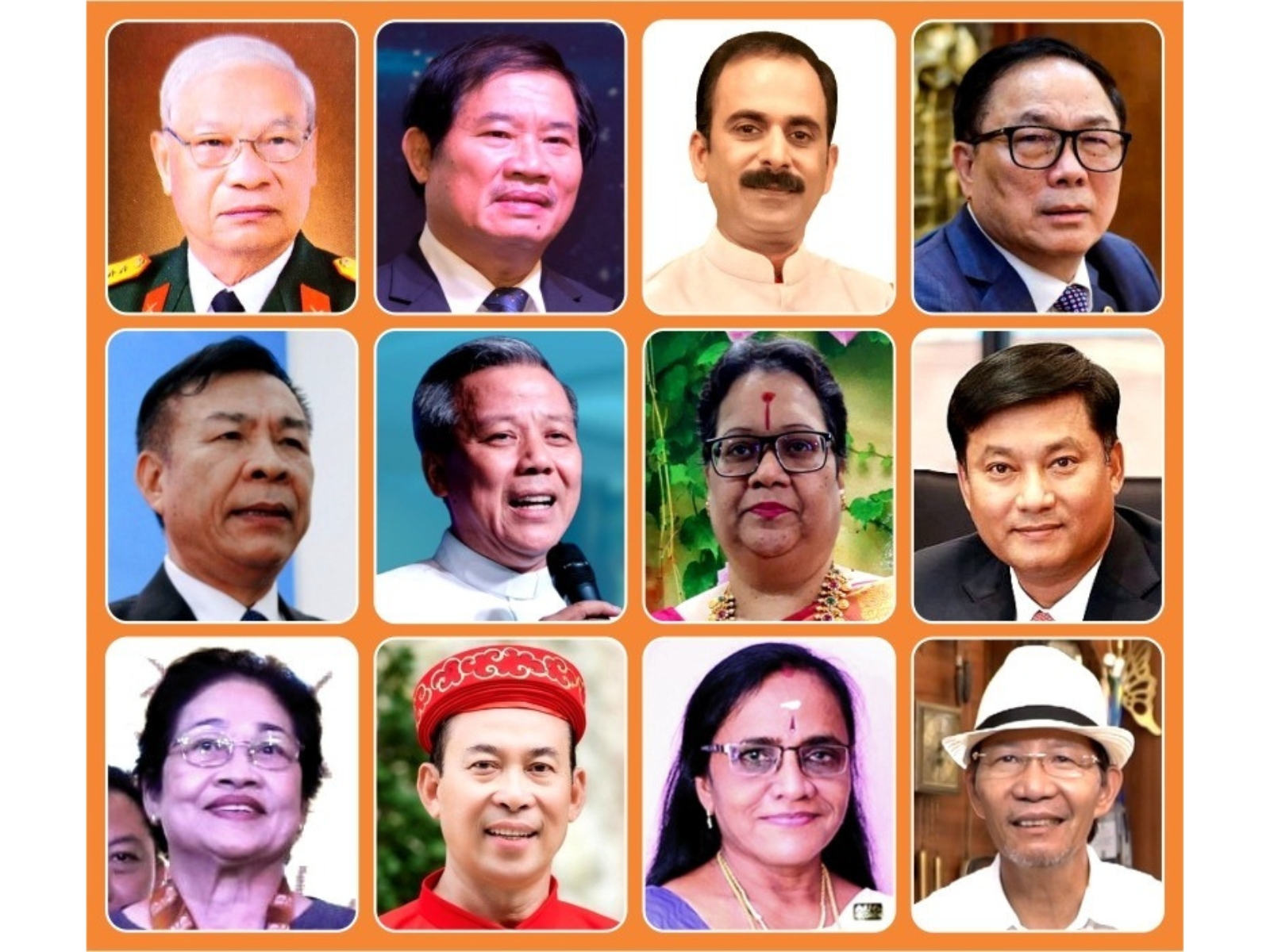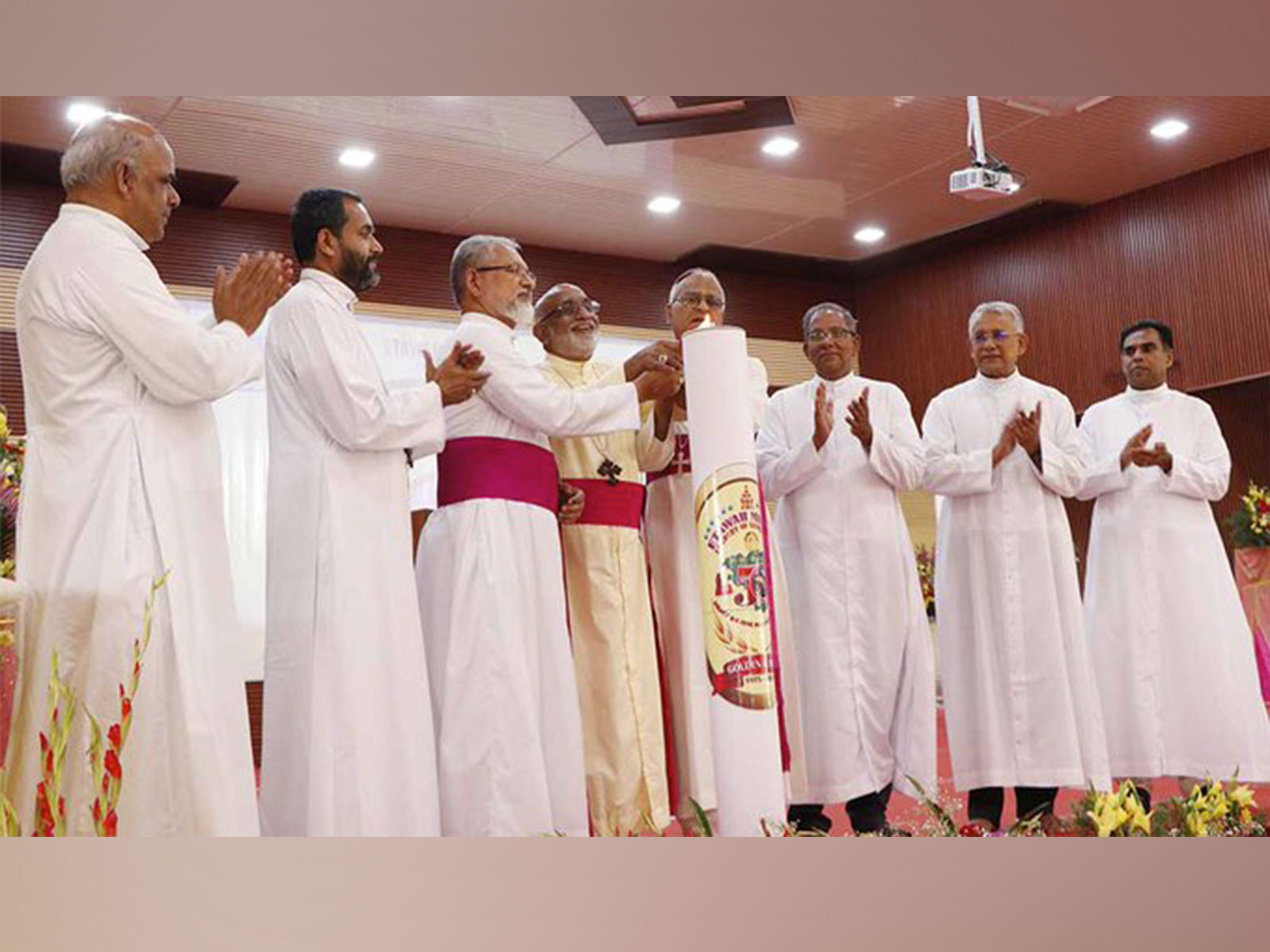
"Stop Hindu Fascism": Syro-Malabar Church responds to RSS-affiliated Malayalam publication Kesari's conversion claims
Sep 17, 2025
Thiruanathpuram (Kerala) [India], September 17 : The Syro-Malabar Church responded to the RSS-affiliated Malayalam publication Kesari's article claims about conversions, which states that religious conversions, allegedly done secretly, came to light following the arrest of nuns in Chhattisgarh on Wednesday.
Putting a post on Facebook with the image "Stop Hindu Fascism," Syro Malabar claimed that the recent article by Kesari is full of falsehoods and historical distortions and is deliberately crafted to incite division, distrust, and disharmony between communities.
It also claimed that the Kesari continues to justify the ideological positions of the RSS and does not care about the impact it will have on communal harmony.
"Kesari, the mouthpiece of the Rashtriya Swayamsevak Sangh (RSS) in Kerala, continues its role of justifying and whitewashing the ideological positions of the RSS, regardless of the impact on communal harmony or truth. The recent article, steeped in falsehoods and historical distortions, appears deliberately crafted to incite division, distrust, and disharmony between communities, especially targeting Christians in India," said the Syro Malabar church.
The church also claimed that with growing attacks on Christian gatherings, churches, and prayer meetings, India's secularism is under siege.
"The growing restrictions on Christian gatherings, churches, and prayer meetings, not to mention the violence against pastors and lay believers, send a clear message to the world: India's constitutional secularism is under siege," added the church.
It further said that if Hindu spiritual leaders and gurus can freely propagate their teachings, establish temples, and receive donations, then why should the minorities be denied these rights?
"If Hindu spiritual leaders and gurus can freely propagate their teachings, establish temples, and receive foreign donations in Western countries, on what ethical or legal grounds can Christians or any other religious group be denied similar freedoms in India? Are we to believe in one set of rights for the majority and another for the minorities?" argued the church.
Earlier, Kesari Weekly published an article which talked about the religious conversion which came into light in Chhattisgarh after two nuns were arrested for forced conversion in July. In that article, Kesari claimed that the church is calling for the stay of the anti-conversion law prevalent in 11 states of India. The article further claimed that the church is attempting to create enmity among different religious communities.
Additionally, the article further argues that if an individual converts to the influence of missionaries, they become hostile toward their former religion and are perceived as traitors to the country.
Earlier, the Syro-Malabar Church and the Kerala Catholic Bishop Council sent a letter to the Joint Parliamentary Committee (JPC) on the Waqf (Amendment) Bill, requesting suggestions to amend the Waqf Act of 1995.
In his letter dated September 10, Archbishop Andrews Thazath, chairman of the Syro-Malabar Public Affairs Commission, claimed that the Waqf Board has unlawfully claimed multiple properties belonging to Christian families from Cherai and Munambam in Ernakulam.
"In Ernakulum District of Kerala, numerous properties that have belonged to Christian families for generations in the villages of 'Cherai & Munambam' have been unlawfully claimed by the Waqf Board, leading to protracted legal battles and the displacement of rightful owners. Around 600 families are under threat. These people belong to the impoverished fishermen's community. One Catholic Parish Church, Convent and dispensary are under threat of evacuation by the Waqf Board," said Archbishop Andrews Thazath.
Hence, the Syro-Malabar Public Affairs Commission requested the JPC to consider the tragic situation of the people in these villages and many other parts of India who are under the threat of losing their lands.




